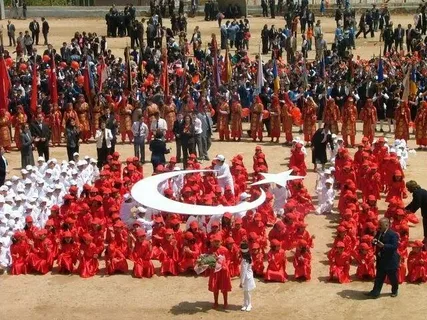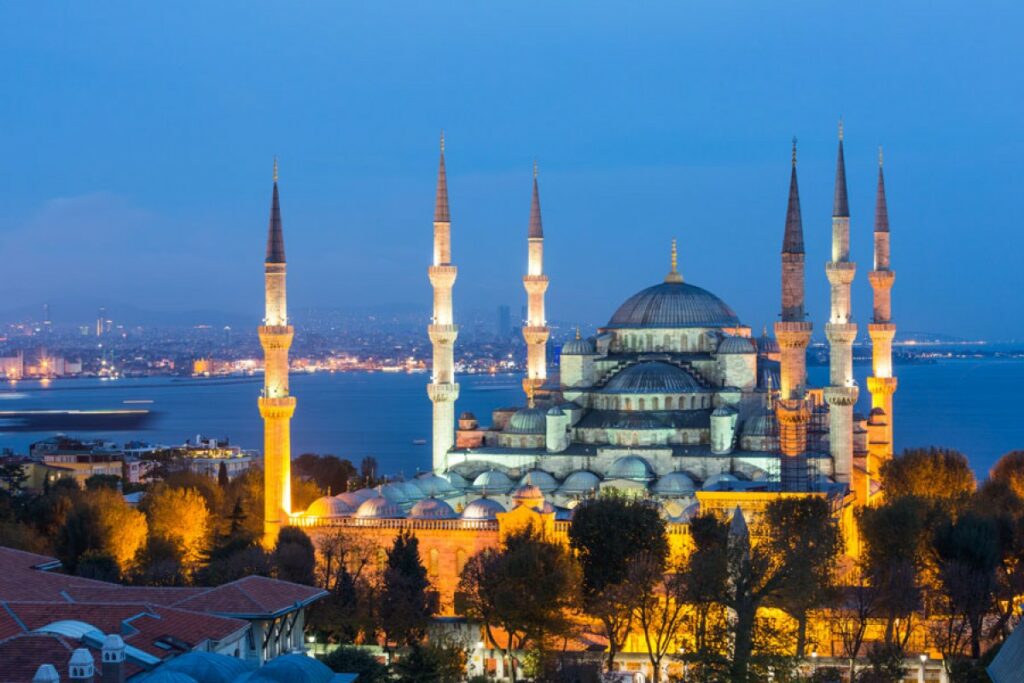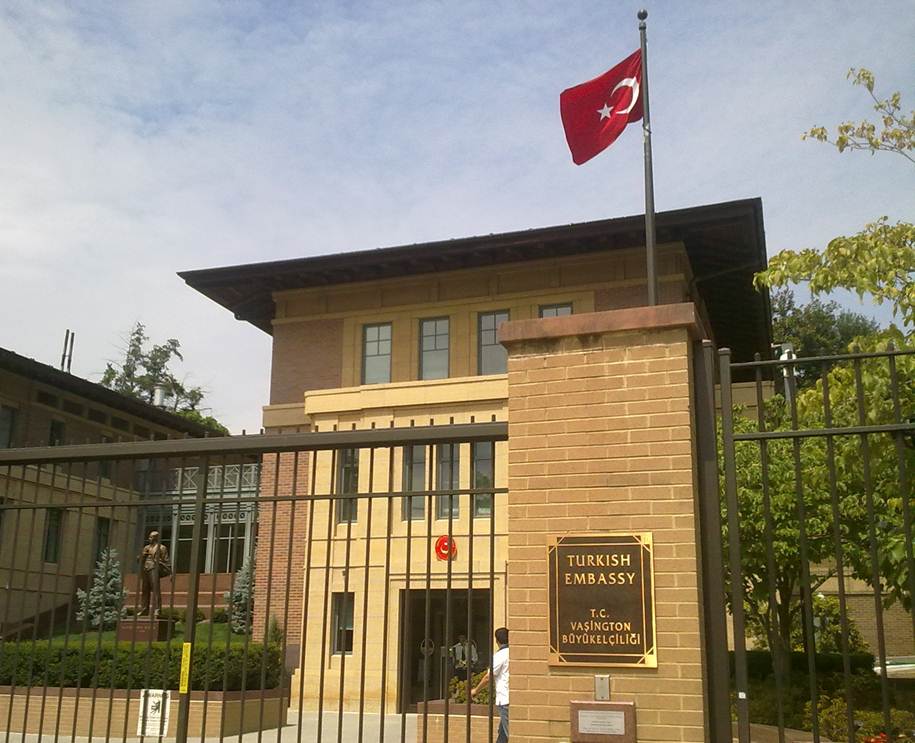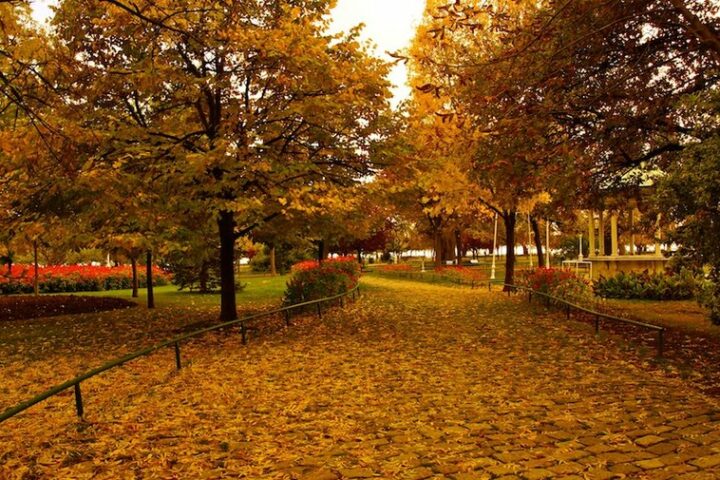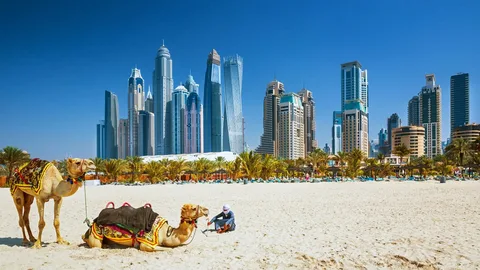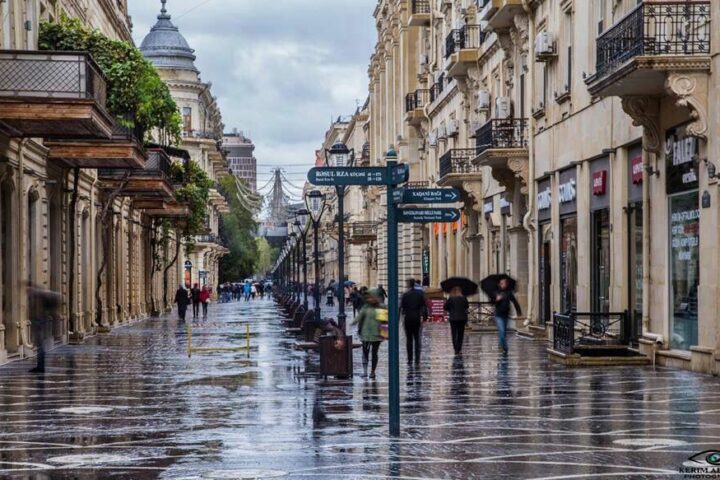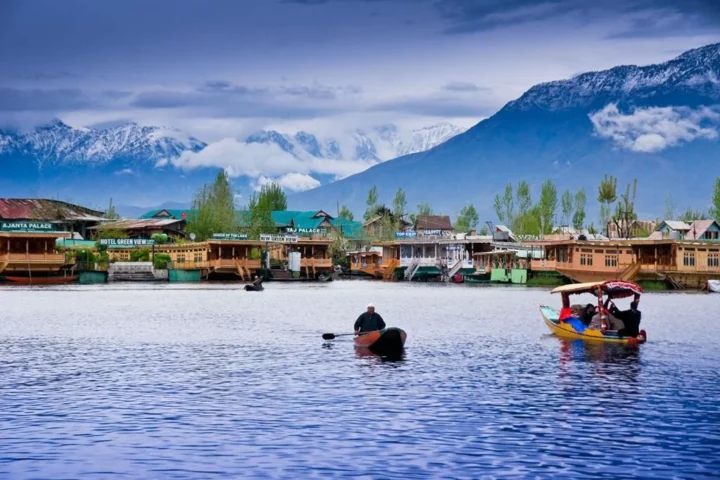Overview of Public Holidays in Turkey
Turkey observes a mix of national and religious holidays. These holidays are deeply rooted in the country’s history, culture, and traditions. They offer a glimpse into Turkey’s national pride and religious devotion.
List of National Holidays
- National Sovereignty and Children’s Day (April 23)
- Labor and Solidarity Day (May 1)
- Commemoration of Atatürk, Youth and Sports Day (May 19)
- Victory Day (August 30)
- Republic Day (October 29)
Religious Holidays
- Ramadan Feast (Eid al-Fitr)
- Sacrifice Feast (Eid al-Adha)
The dates for religious holidays vary each year as they are based on the Islamic lunar calendar.
National Sovereignty and Children’s Day
Historical Background
National Sovereignty and Children’s Day, celebrated on April 23, marks the foundation of the Grand National Assembly of Turkey in 1920. It was established by Mustafa Kemal Atatürk, the founder of the Republic of Turkey, to emphasize the importance of sovereignty and to honor children, who symbolize the nation’s future.
Celebrations
On this day, children participate in special events, including performances, parades, and cultural activities. Schools often organize programs where students take on the roles of government officials, symbolizing the nation’s faith in the younger generation.
Interesting Fact
- Turkey is the only country in the world that dedicates a national holiday to children.
Labor and Solidarity Day
Historical Background
Labor and Solidarity Day, observed on May 1, celebrates the contributions of workers and the labor movement. This day is part of a global tradition that honors the rights and achievements of workers.
Celebrations
Various events, including parades, rallies, and concerts, are held across Turkey. It is a public holiday, allowing workers to take a break and participate in the celebrations.
Government Reference
For more details on Labor and Solidarity Day, you can visit the official website of the Republic of Turkey Ministry of Culture and Tourism
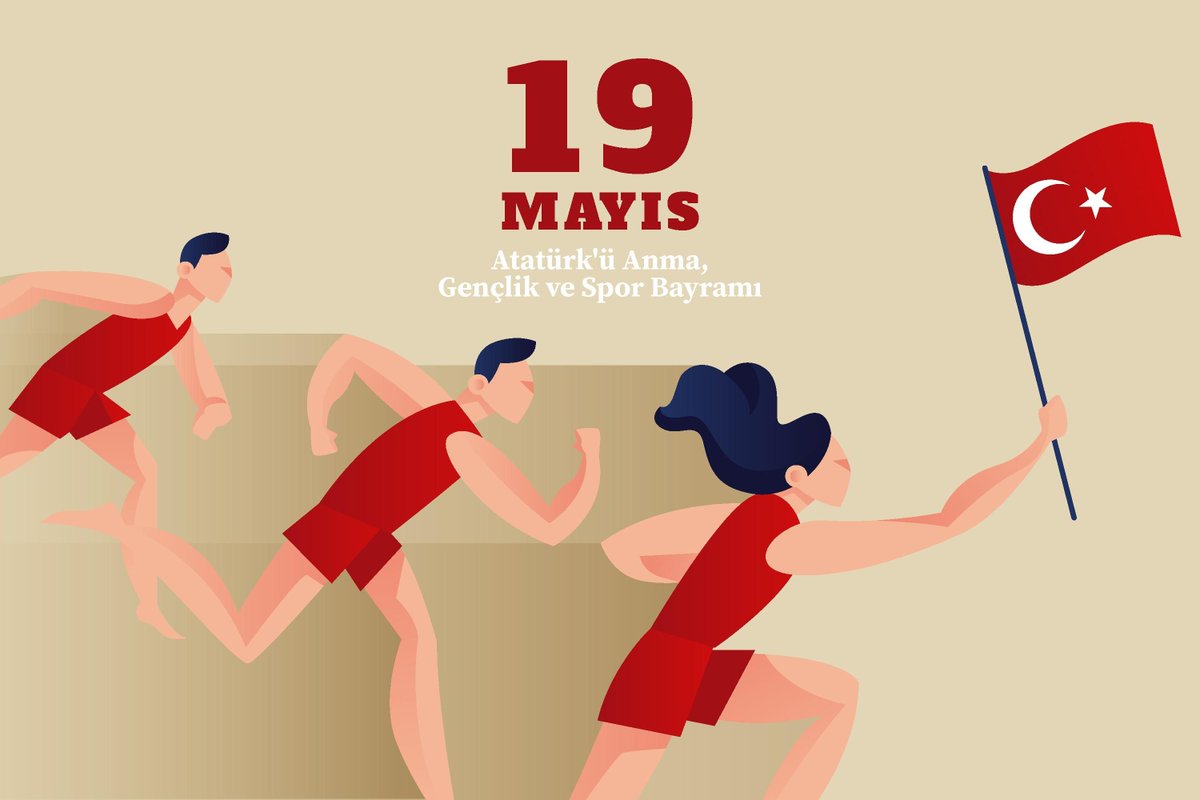
Commemoration of Atatürk, Youth and Sports Day
Historical Background
Celebrated on May 19, this day commemorates Mustafa Kemal Atatürk’s arrival in Samsun in 1919, which marked the start of the War of Independence. It is also dedicated to the youth and sports, emphasizing the importance of a healthy and active lifestyle.
Celebrations
Sports events, parades, and ceremonies are held nationwide. Youth groups perform folk dances, athletic competitions are organized, and speeches honoring Atatürk’s legacy are delivered.
Academic Reference
For an academic perspective on the significance of this holiday, refer to the Middle East Technical University’s Department of History (no follow).
Victory Day
Historical Background
Victory Day, celebrated on August 30, marks the victory in the Battle of Dumlupınar in 1922, a decisive battle in the Turkish War of Independence. It symbolizes the end of the occupation of Anatolia by foreign powers.
Celebrations
Military parades, ceremonies at Atatürk’s Mausoleum (Anıtkabir), and various public events are held to honor the armed forces and remember those who sacrificed their lives for Turkey’s independence.
Government Reference
For more information, visit the Turkish Armed Forces official website
Republic Day
Historical Background
Republic Day, observed on October 29, celebrates the proclamation of the Republic of Turkey in 1923. Mustafa Kemal Atatürk declared the establishment of the Republic, marking the end of the Ottoman Empire and the beginning of modern Turkey.
Celebrations
Republic Day is marked by fireworks, concerts, and cultural events. Official ceremonies take place across the country, with the most prominent being in Ankara, the capital, where the president delivers a speech.
Interesting Fact
- The first celebration of Republic Day was held in 1925, two years after the republic was proclaimed.
Religious Holidays
Ramadan Feast (Eid al-Fitr)
The Ramadan Feast, also known as Şeker Bayramı, marks the end of Ramadan, the Islamic holy month of fasting. It is a time for family gatherings, feasting, and giving to the less fortunate.
Sacrifice Feast (Eid al-Adha)
The Sacrifice Feast, or Kurban Bayramı, commemorates the willingness of Ibrahim (Abraham) to sacrifice his son as an act of obedience to God. It involves the ritual sacrifice of animals, with the meat distributed among family, friends, and the needy.
Government Reference
For more details on religious holidays, visit the Presidency of Religious Affairs
Fun and Interesting Facts
- Children’s Day: On April 23, Turkey also invites children from around the world to participate in the celebrations, promoting peace and friendship.
- Ramadan Feast Traditions: During the Ramadan Feast, it is customary for children to go door-to-door, wishing neighbors a happy holiday and receiving candy in return, similar to Halloween in Western cultures.
- Victory Day Parades: The parades on Victory Day often feature a display of military strength, with tanks, aircraft, and soldiers marching in unison.
Academic Reference
For an in-depth academic analysis of Turkish holidays, refer to the Journal of Modern Turkish Studies (no follow).
Turkey’s holidays offer a vibrant mix of national pride, cultural traditions, and religious observance. Whether you are a resident or a visitor, participating in these celebrations provides a unique insight into the Turkish way of life.
Commonly Asked Questions
What is the most important national holiday in Turkey?
Republic Day on October 29 is considered the most important national holiday as it marks the founding of the Republic of Turkey.
Are Turkish holidays observed nationwide?
Yes, all public holidays are observed nationwide, although the way they are celebrated can vary regionally.
How do religious holidays in Turkey affect daily life?
During religious holidays like Ramadan Feast and Sacrifice Feast, businesses and schools may close, and public transportation schedules may change to accommodate the celebrations.
Can tourists participate in holiday celebrations in Turkey?
Absolutely! Tourists are welcome to join in the public celebrations and festivities. It’s a great way to experience Turkish culture and traditions firsthand.
What is the most important holiday in Turkey?
Republic Day on October 29 is considered the most important holiday in Turkey. It marks the founding of the Republic of Turkey in 1923 by Mustafa Kemal Atatürk, symbolizing the transition from the Ottoman Empire to a modern, secular nation-state.
Why is Turkey so popular for holidays?
Turkey is popular for holidays due to its rich historical heritage, diverse cultural experiences, stunning natural landscapes, and warm hospitality. Visitors can explore ancient ruins, vibrant cities, beautiful beaches, and enjoy a unique blend of Eastern and Western traditions.
What are Turkey holidays like?
Turkey holidays are a mix of national pride and cultural traditions. National holidays feature parades, ceremonies, and public events, while religious holidays involve family gatherings, feasts, and charitable activities. The celebrations are often lively, colorful, and steeped in tradition, offering a unique cultural experience.
What to ask about Turkey?
When planning a trip to Turkey, you might ask about the best times to visit, recommended historical sites, cultural customs, local cuisine, and tips for navigating the country. It’s also useful to inquire about regional differences in holiday celebrations and any special events happening during your stay.
How long is Turkey vacation?
The length of a vacation in Turkey varies depending on the visitor’s preferences and itinerary. A typical vacation can range from a short weekend trip to Istanbul to a two-week exploration of major cities, historical sites, and coastal areas. Some travelers may even stay longer to fully experience the country’s diverse attractions.
How long are holidays in Turkey?
Public holidays in Turkey can last from one to several days. National holidays like Republic Day are typically one day, while religious holidays such as Ramadan Feast (Eid al-Fitr) and Sacrifice Feast (Eid al-Adha) can last three to four days. These extended holidays often lead to longer celebrations and family gatherings.
What is Eid called in Turkey?
In Turkey, Eid al-Fitr is called “Ramazan Bayramı” or “Şeker Bayramı,” and Eid al-Adha is known as “Kurban Bayramı.” These holidays are significant religious celebrations involving prayers, feasting, and acts of charity.
Is Turkey cheap for holidays?
Turkey is generally considered an affordable destination for holidays. The cost of accommodation, food, and transportation is relatively low compared to many Western countries. However, prices can vary depending on the region and the type of holiday experience you seek, with luxury resorts and major tourist attractions being more expensive.
Fun and Interesting Facts
Children’s Day
On April 23, Turkey also invites children from around the world to participate in the celebrations, promoting peace and friendship.
Ramadan Feast Traditions
During the Ramadan Feast, it is customary for children to go door-to-door, wishing neighbors a happy holiday and receiving candy in return, similar to Halloween in Western cultures.
Victory Day Parades
The parades on Victory Day often feature a display of military strength, with tanks, aircraft, and soldiers marching in unison.
Academic Reference
For an in-depth academic analysis of Turkish holidays, refer to the Journal of Modern Turkish Studies
Turkey’s holidays offer a vibrant mix of national pride, cultural traditions, and religious observance. Whether you are a resident or a visitor, participating in these celebrations provides a unique insight into the Turkish way of life.
- Cities And Towns In Yuma County, Arizona - September 18, 2024
- Cities And Towns In Stone County, Arkansas - September 16, 2024
- Cities And Towns In San Miguel County, Colorado - September 15, 2024

